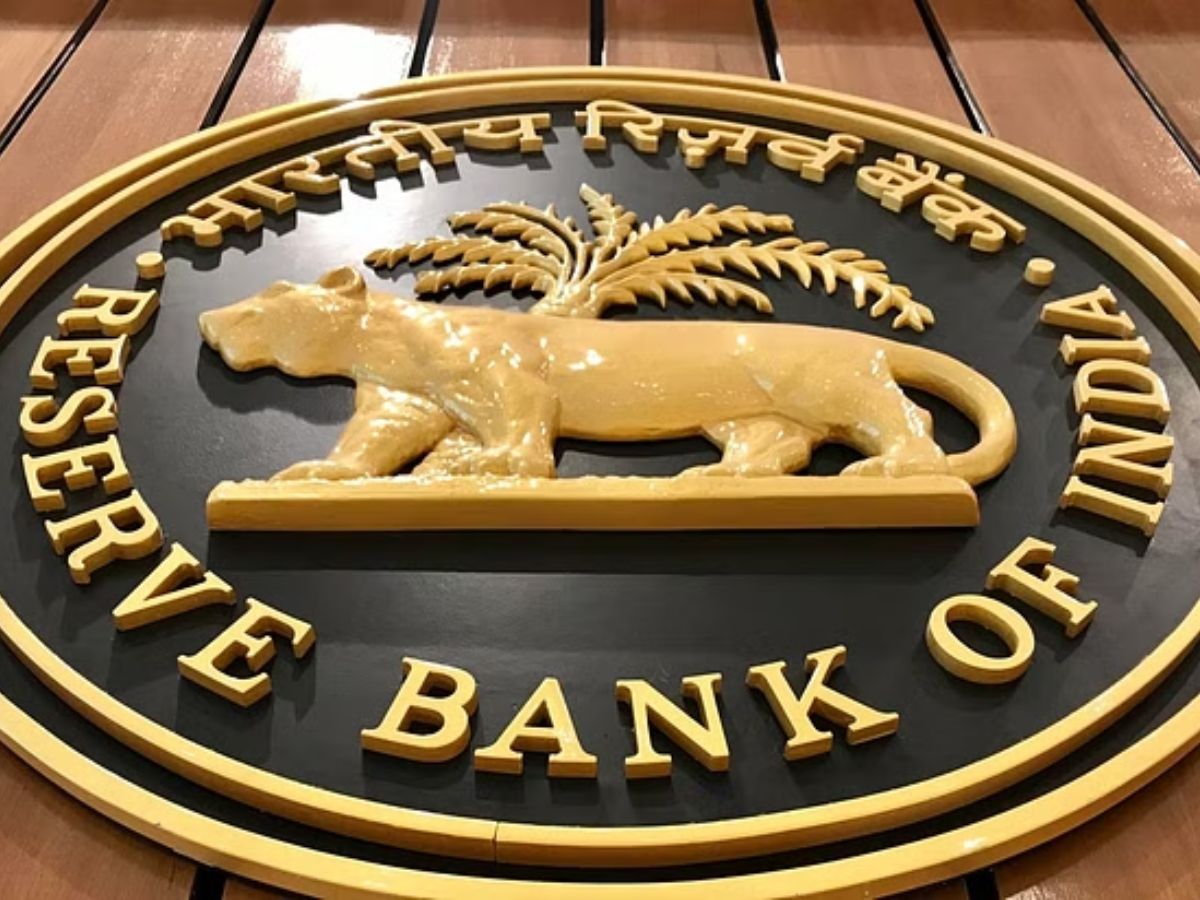The Governor of the Reserve Bank of India (RBI) has discussed the problems and weaknesses involving Urban Cooperative Banks (UCBs), emphasising the significance of resolving these issues.

Urban Cooperative Banks (UCBs) are what exactly?
- UCBs are main cooperative banks that serve small borrowers and businesses. They are typically found in urban and semi-urban areas.
- They are governed by the Cooperative Societies Act of the relevant State and registered under the Banking Laws (Cooperative Societies) Act of 1955.
- UCBs were once only allowed to lend for non-agricultural uses, but since 1996, they have expanded their size and operations.
- Five states, Andhra Pradesh, Gujarat, Karnataka, Maharashtra, and Tamil Nadu, account for 79% of all UCBs.
Types of UCBs
UCBs are categorized into different tiers by the RBI based on their deposit size:
- Tier 1: Deposits up to Rs 100 crore.
- Tier 2: Deposits ranging from Rs 100 to 1,000 crore.
- Tier 3: Deposits between Rs 1,000 to Rs 10,000 crore.
- Tier 4: Deposits exceeding Rs 10,000 crore.
Key concerns/addresses raised by RBI
(1) Operational Stability
- To contribute to the overall stability of the financial and banking industry, UCBs must strengthen their operational and financial resilience.
- The effectiveness of the governance inside UCBs is crucial in ensuring the stability of these particular banks.
(2) Setting up right priorities
- The integrity and openness of financial reporting must be a top priority for boards and directors of UCBs, who should abstain from cutting-edge accounting techniques that hide the true financial situation.
- To systematically control liquidity risk, asset liability management must be proactive.
- It is essential to set up a strong IT and cybersecurity infrastructure and to have the required capabilities available at the bank level.
- Governance procedures need to be improved, particularly those that deal with Compliance, Risk Management, and Internal Audit.
(3) Functioning of Boards
- Ensuring that directors have the necessary knowledge and experience.
- Assembling a qualified management board.
- Taking into account the board members’ tenure and diversity.
- Encouraging open and active participation at board meetings.
- Ensuring that committees at the board level operate effectively.
(4) Credit Risk Management
- Maintaining risk control by using strict underwriting guidelines.
- Putting in place efficient post-sanction surveillance.
- Early detection and stress reduction for emerging stress.
- To aid in recovery and keep adequate provisioning, follow-ups with significant non-performing asset (NPA) borrowers are pursued.
@the end
- For the general stability and resilience of the banking industry, it is critical to address the worries and vulnerabilities in urban cooperative banks.
- In order to maintain the health of UCBs, the RBI’s suggestions emphasise the significance of governance, risk management, and transparency.
Source: https://www.thehindubusinessline.com/money-and-banking/urban-co-operative-banks-face-dual-challenges/article30390395.ece
